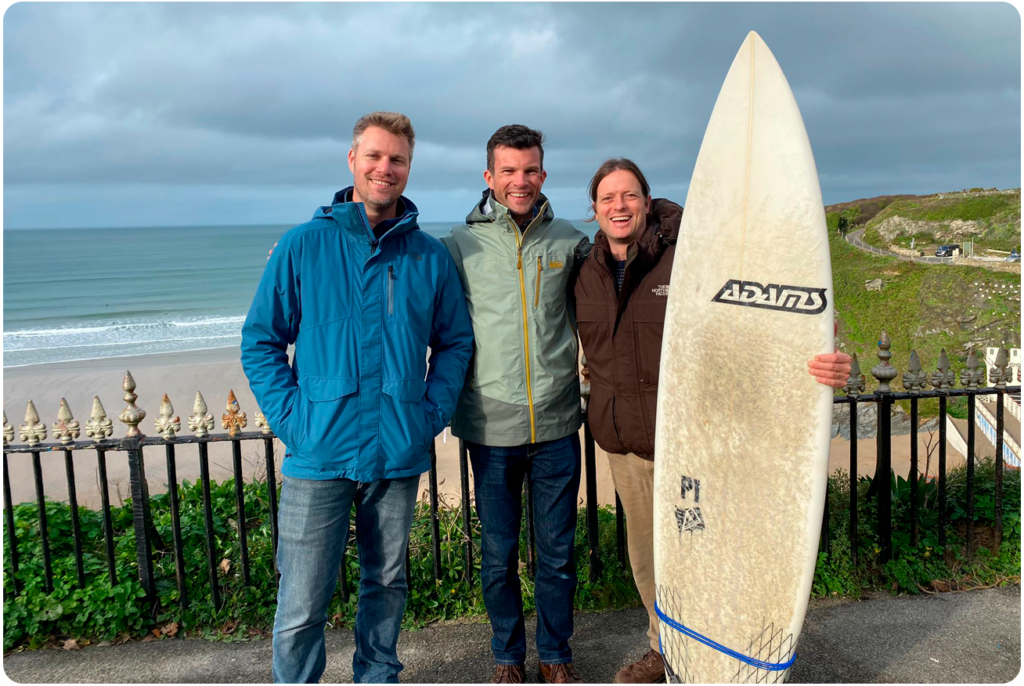Coastal challenges—and solutions—are complex. They require input from diverse stakeholders and experts in a variety of disciplines. 21st century environmental problems require interdisciplinary teams and stakeholders that have historically been left out of resilience research and planning to create a better holistic understanding of these complex environmental problems and to support knowledge, positive attitudes, skills, and ultimately behaviors across a larger scale to bring about meaningful change.
On the water, in the water, in classrooms, and beyond, we focus on bridging the gap between researchers, practitioners, and the public. We use adaptive management approaches to learn, reflect, and improve our work and promote more positive outcomes across our projects. Please explore the Projects page to learn more about our work.
We are striving to build a community of researchers, educators, and the public collaborating in the discovery, study, and protection of our coasts. We aim to tackle complex coastal problems by working alongside diverse stakeholders (communities and community leaders, researchers, educators, municipalities) and across interdisciplinary approaches (natural science and engineering, social science, community engagement, education, outreach, participatory science).

We use an interdisciplinary approach that combines natural science and engineering with the social sciences as we work closely with communities to address environmental issues. Our approach leverages interdisciplinary research and theory while prioritizing the diverse knowledge, skills, and cultures of the communities and networks we work with.
This collaborative approach results in the co-creation of key project elements and outcomes that can build capacity, empower audiences, and increase trust between different institutions. Our work often results in the building of communities of practice whereby diverse individuals and stakeholders learn from, and with each other rapidly increasing the speed of innovation, capacity building, and overall success that can persist into the future.